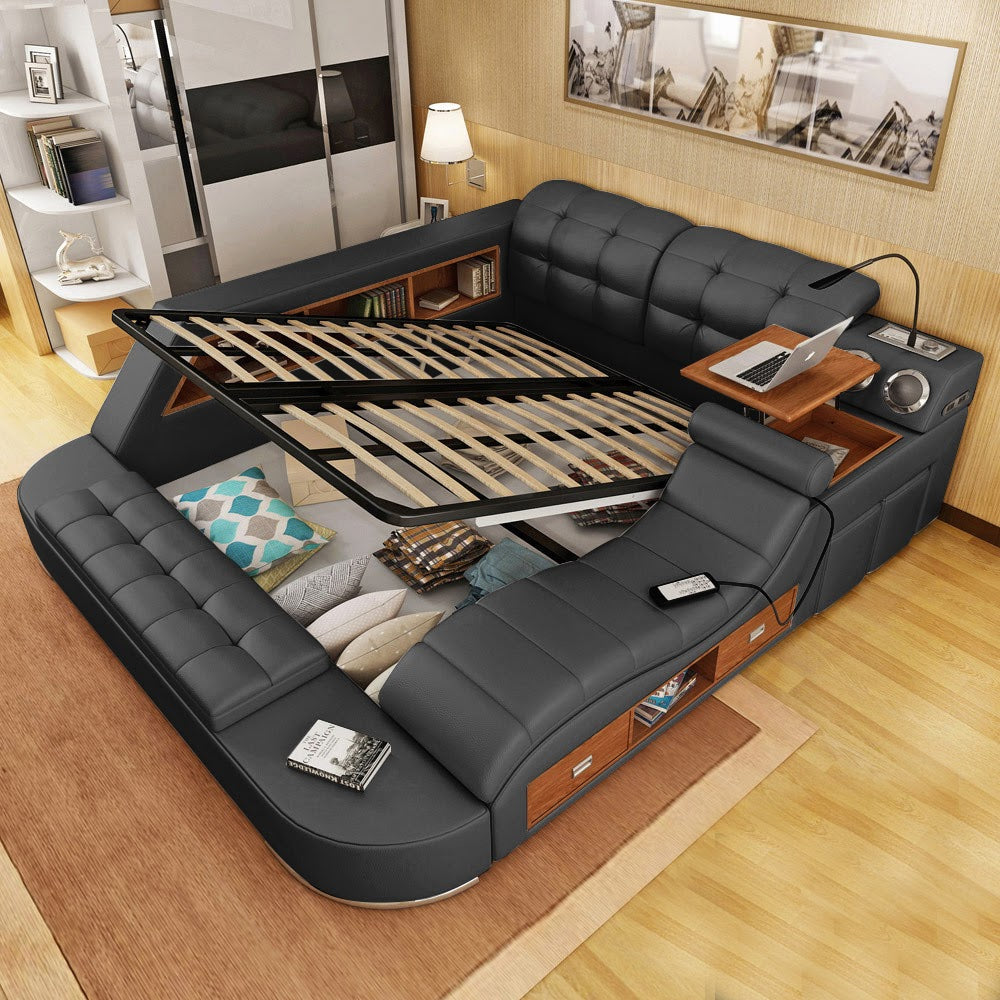
Germany Smart Furniture Market is expected to reach USD 265 million by 2030
Share

The Germany Smart Furniture Market, is projected to grow to USD 265 million at a Compound Annual Growth Rate CAGR of 3% by 2030. According to new research by Next Move Strategy Consulting, the market is being driven by the increasing prevalence of home automation, rising disposable incomes, and growing adoption of Internet of Things (IoT) technology in residential spaces.
Test It First – Download Your FREE Sample!
A key driver of this growth is the demand for seamless integration between furniture and home automation systems. As technology advances, German consumers are seeking innovative smart furniture solutions that offer remote control and monitoring capabilities. This trend aligns with the growing need for interconnected, technologically advanced living environments, where smart furniture enhances convenience, comfort, and efficiency.
The rise in disposable income among German consumers further fuels the smart furniture market. With higher purchasing power, individuals are increasingly willing to invest in premium smart furniture products that elevate their living experiences. This expanding affordability is creating a strong demand for innovative solutions that merge functionality with cutting-edge technology.
The penetration of IoT devices into residential spaces also plays a pivotal role in market growth. In a world where connectivity is paramount, smart furniture equipped with sensors and IoT capabilities provides users with personalized and efficient living experiences. The integration of smart furniture with IoT devices creates intelligent and responsive living spaces, enhancing their appeal to tech-savvy homeowners.
However, the high cost of integrating advanced technology into smart furniture poses a challenge. The expense can deter budget-conscious consumers, limiting market expansion among segments prioritizing affordability.
In response to these challenges, wireless charging capabilities are emerging as a standout innovation in the smart furniture industry. By incorporating induction coils and compatible technology into furniture like tables, desks, nightstands, and seating, manufacturers are delivering cable-free charging solutions for electronic devices such as smartphones and tablets. This added functionality enhances the practicality and appeal of smart furniture, offering a seamless experience for modern consumers.
Conclusion:
The Germany Smart Furniture Market is positioned for steady growth, driven by advancements in IoT integration, rising disposable incomes, and innovative features like wireless charging. While affordability remains a challenge, ongoing technological advancements and the increasing demand for interconnected living solutions present significant opportunities for the market. As German consumers continue to prioritize convenience, comfort, and sustainability, the smart furniture industry is well-equipped to cater to these evolving needs and redefine modern living spaces.